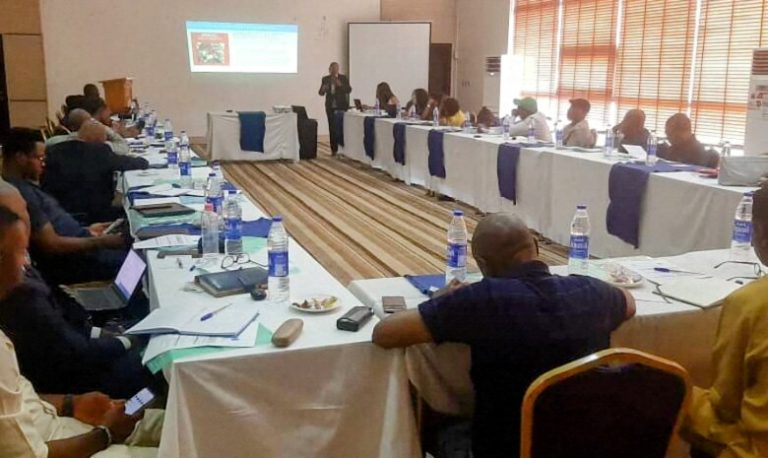United Nations Children’s Fund (UNICEF) has urged media outlets to prioritize breastfeeding advocacy over commercial interests, which could negatively impact breastfeeding rates.
UNICEF supports this appeal by citing the International Code of Marketing of Breast Milk Substitutes, which prohibits advertising and promotional activities related to infant formula, breast-milk substitutes, feeding bottles, and teats.
Mrs. Juliet Chiluwe, Chief of Field Office for UNICEF in Enugu, made this plea while addressing participants at a two-day Zonal Media Dialogue on World Breastfeeding, organized by the Anambra State Ministry of Health in collaboration with UNICEF.
ALSO READ: Electricity consumers to repay free meters cost over 10 years — Power Minister
She urged the media to actively promote and support the initiative of six months of exclusive breastfeeding without water, aiming to ensure that every Nigerian child is exclusively breastfed.
“This is a significant task and requires a shift in mindset, which we cannot achieve without the media.
The media plays a key role in closing the gap by informing women about the importance of exclusive breastfeeding for six months without water and the necessity of initiating breastfeeding within one hour after delivery.
It is a fundamental right of every child to be breastfed, and this is crucial to achieving the Sustainable Development Goals (SDGs),” Chiluwe stated.
Tribune Online reports that the two-day media dialogue, which brought together select journalists and media personalities from Enugu, Benue, Cross River, and Anambra states, aimed to promote Nigeria’s Nutrition Zero Water Campaign, encouraging improved exclusive breastfeeding among mothers with infants.
Dr. Ijeoma Onuoha Ogwe, Communications Officer at UNICEF Enugu Field Office, highlighted the meeting’s objectives, stating that the dialogue aimed to engage journalists, On-Air Personalities, and other partners to champion and raise awareness about the Zero Water Campaign, which advocates for exclusive breastfeeding for the first six months of life and continued breastfeeding for two years.
She also noted that only 9% of organizations have a workplace breastfeeding policy, emphasizing the media’s crucial role in changing perceptions and raising awareness about breastfeeding and the Zero Water Campaign.
Dr. Ben Obidike, Anambra State’s Commissioner for Health, stressed the importance of collaboration between public and private hospitals to successfully promote and achieve this goal.
He mentioned that Anambra is on the verge of implementing a policy requiring mothers to begin breastfeeding within the first hour after delivery.
In her presentation titled “Closing the Gap—Breastfeeding Support for All,” Mrs. Ngozi Onuora, a Nutrition Specialist at UNICEF’s Enugu Field Office, revealed that breast milk is composed of 88% water, 7% lactose, 1% protein, and 4% fat, providing sufficient hydration to meet an infant’s daily needs during the first six months of life.
She expressed hope that the meeting would empower the media to inform policymakers about the gaps and challenges in exclusive breastfeeding, which is essential for both maternal and child health.
“Data from the states represented at this meeting clearly shows that none of them is performing well.
We must improve the nutritional status of children by starting with exclusive breastfeeding, as a child with a compromised immune system will not be safe, even when given vaccines,” she stated.
NIGERIAN TRIBUNE
